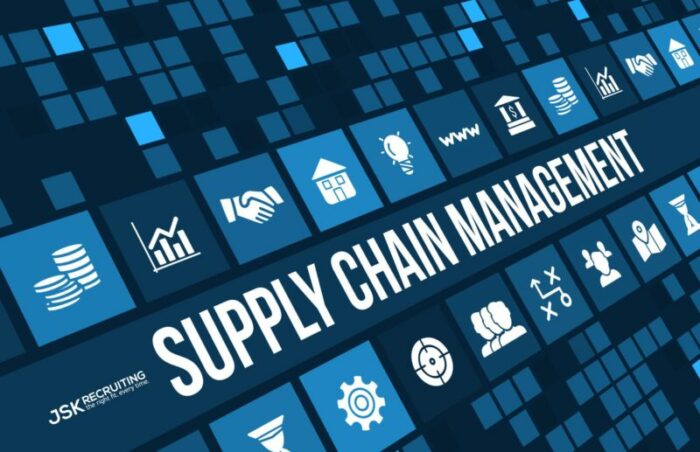Supply Chain Issues: Effects of the Russian-Ukraine War
What supply chain issues are affected by the Ukraine war, and what could the future hold? Read this article to learn what factors contribute to this problem.
Ukraine is approximately 5,600 miles from the United States. For many Americans, the reality of the Ukraine Russian war seems far away. You may think: the war is confined within a smaller country, so it won’t have much of an effect on supply chain issues, right?
You would be dead wrong.
The Ukraine war has far-reaching negative consequences that will permeate every aspect of global markets.
Read on to learn how the future of business could unfold as the crisis continues.
Oil Prices
Russia is the world’s third-largest producer of oil, behind only the U.S. and Saudi Arabia.
If you’ve been down to a gas station lately and have been astounded by the inflated oil prices, you can blame the Russia Ukraine war. Oil prices are up 6% already, and there could be hikes.
For manufacturers and businesses, transportation costs will increase at every leg of the supply chain. Those that rely on far-away sources will be hit the hardest.
Precious Metals
Maybe you’ve already seen how the pandemic affected the semiconductor supply. It’s about to get worse.
Many corporations rely on Ukraine as their Plan B for precious minerals like palladium, nickel, and neon gas. Ukraine, in particular, is the largest supplier in the world for neon, accounting for 70% of the world’s output. It also accounts for 90% of the U.S.’s semiconductor-grade neon.
J.P. Morgan estimates that companies will have to turn to countries like Canada to supply their neon, but this will be slow going.
Additionally, Russia is the third-largest supplier of nickel for lithium-ion batteries, which are essential to many technologies.
Wheat
Did you know Ukraine is the world’s second-largest exporter of grains? Additionally, Ukraine ranked second in barley exports, fourth in corn exports, and fifth in wheat exports.
Consumers around the world are experiencing rising food costs. Any manufacturers creating foods using grains may experience supply chain issues and raised prices.
Chaos for Global Supply Chains
Under sanctions, many corporations are scrambling to cut off trade with Russia. This only further compounds the stress supply chains were under due to the pandemic.
This will only result in more costs and delays for any company that moves materials and products around the world. Energy prices and shipping costs are already sky-high, and the climate crisis will only exacerbate these issues.
Companies that rely on rare earth metals will be particularly hard hit. In order to ameliorate the supply chain difficulties, they will have to diversify how their materials are sourced.
Jobs in the manufacturing sector are also in particularly high demand.
Automakers will be particularly hard-hit as well, with Ukraine and Russia leading producers of palladium and platinum for catalytic converters.
Supply Chain Issues: Going Forward
Companies that want to survive in the coming years will need to diversify to overcome supply chain issues. The war in Ukraine should caution us against putting all our eggs in one basket.
This war is adding to and exacerbating seriously strained supply chains, and there does not appear to be an end in sight yet. The cost of oil, gas, food, and shortage of rare metals could be a death knell for some companies.
If you work in manufacturing and are confused about how to navigate this chaotic scene, you can contact our recruiters to help place you in a position you like.


